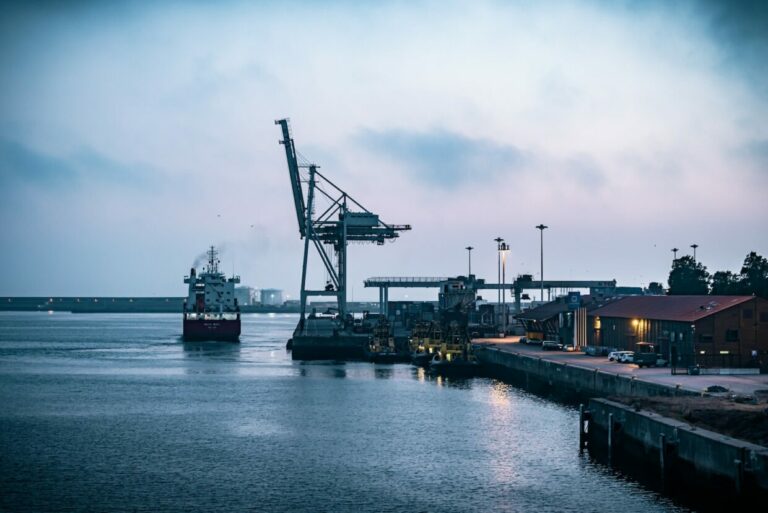New Zealand has a renowned temperate climate with varying weather patterns, resulting in a variety of conditions for the transportation and logistics industry. From the sweltering heat of summer to the crisp cold of winter, New Zealand’s weather impacts nearly every aspect of freight and logistics operations.
Impact on Transportation
In New Zealand transportation is heavily reliant on weather conditions. Heavy rains and storms can cause flooding, making roads dangerous and in some cases, impassable. This can not only lead to delays and disruptions in transport but can also be expensive for the businesses and individuals that rely on it.
Moreover, snow and icy conditions can cause serious issues for roads, railways and airports. Snowfall on the mountains can make for treacherous driving conditions and can cause delays for freight and freight operators. Similarly, windy conditions can prove to be a challenge for planes, boats and trucks on the road.
Impact on Logistics
The changing weather in New Zealand also has a significant impact on the logistics industry. During summer and autumn, the warm temperatures can cause air conditioning systems to struggle, impacting the condition of goods and vital supplies. In some cases, this may even lead to spoilage or damage of goods.
In winter, the cold weather can prove to be just as problematic. Cold temperatures can lead to goods freezing, while icy and wet roads can wreak havoc on delivery times. Furthermore, the days are short in winter, meaning there is less time to deliver goods, both on the roads and at the airport.
Preparation is Key
It is important for those in the transportation and logistics sector to be prepared for the changing weather in New Zealand. Here are a few tips for doing so:
- Ensure vehicles and equipment are winter-ready: Make sure all vehicles and equipment are in good condition and are properly outfitted for the winter months. This could include winter tires, chains and snow ploughs.
- Check weather forecasts: Pay attention to weather forecasts and be prepared for any potential delays or disruptions.
- Communicate and track goods: Communicate with customers in advance and keep track of goods in transit so that any issues can be addressed quickly and efficiently.
The transportation and logistics industry in New Zealand is heavily dependent on the weather. From the icy chill of winter to the humid heat of summer, New Zealand’s weather can have a significant impact on freight and logistics operations. It is essential for companies to be prepared and understand the risks in order to ensure that goods are delivered on time and in good condition.




